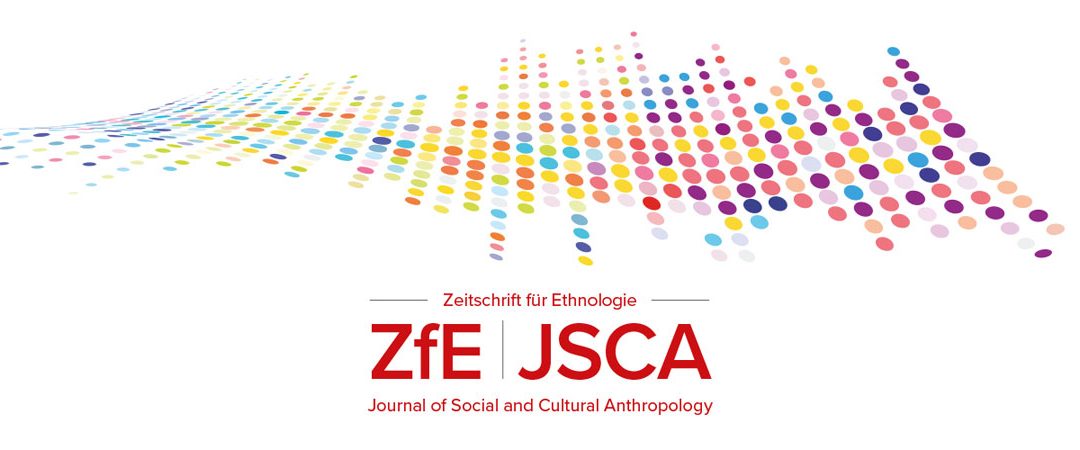by dgvred02 | Apr 15, 2024 | Uncategorized
As the GASCA board is currently based at Cologne University, and in light of the disinvitation of Nancy Fraser from the Albertus Magnus Professorship, we refer to our statement on academic freedom dated February 12, 2024.
by dgskaadmin | Mar 12, 2024 | Uncategorized
12.2.24
As the Executive Board of the German Society of Social and Cultural Anthropology (GASCA), we would like to voice our grave concern over the fact that researchers working in Germany are finding their fundamental rights to academic freedom and freedom of expression increasingly restricted. Both, research and international academic exchange are at risk of being impaired if renowned researchers who work internationally and who come to Germany with different political commitments and persuasions are told that they cannot freely pursue their work or make public statements in Germany.
We emphasize the absolute necessity of combating antisemitism, racism and islamophobia in Germany and worldwide. However, this cannot be achieved through the surveillance of academics, their academic work or statements they make as private persons, as has now been brought to our attention in several cases from Germany, Austria and Switzerland. We are concerned to see how academics, in particular those who come to Germany from contexts where political discussions are held differently, and/or those who are precariously employed, have to fear for their reputation or feel restricted in their freedom of expression when they comment on the Israel/Palestine conflict. Disputes over the Israel/Palestine conflict cannot be understood exclusively by means of theories of critiques of antisemitism. It is necessary and legitimate to take into account the historical, political, religious, cultural, economic, ethnic and nationalist dimensions of the conflict. The marginalization of academics who exercise their academic freedom and freedom of opinion as enshrined in German Basic Law must not become the vehicle through which debates are shaped in this country; on the contrary, these acts of marginalization prevent necessary debates.
The terror, war and destruction in Israel/Palestine and the immeasurable suffering on all sides has provoked an intensification of political positioning and polarized public debate. This is particularly true of debates on social media platforms such as Facebook and X (formerly known as Twitter). These intensifications can become problematic if they reduce complex discussions to a few characters and are instrumentalized for simplistic, often tendentious attacks. We are seeing our public sphere shaped by reductionist judgements of socially complex conflict dynamics and indiscriminate accusations of antisemitism that lead increasingly to the breakdown of conversations. This is why we insist that one of the core tasks of universities, research institutes and cultural institutions must be to maintain spaces for difficult discussions in highly polarized social moments. Linked to these tasks is the responsibility to take a stand against all forms of antisemitism, racism and islamophobia, all of which destroy the foundations of democratic coexistence and cooperation. If universities and research institutions do not succeed in cultivating spaces for discussion, including also discussions where we might disagree with each other, and if they cannot counter hasty condemnations with open debates, they contribute to destroying trust in democratic publics and play right into the hands of extremist populism.
We are deeply concerned over the attacks that renowned and internationally respected intellectuals such as Masha Gessen and Ghassan Hage are facing in Germany. As social and cultural anthropologists in Germany, we are convinced that debates in academic and civil society circles need to renew their commitment to discussion, dissent, and cooperation across difference in order to enable constant shifts in perspective and to challenge epistemic and political certainties. We urge universities and research institutions to commit themselves to building and maintaining spaces for discussion and encounter, which welcome plurality and contradiction. Only in such spaces can variously positioned, carefully reasoned and empirically founded perspectives be developed and mutually criticised, in order for us to learn from each other.
pdf version
by dgvred02 | Mar 27, 2024 | Uncategorized
The board supports the position paper of academic mid- level faculty, which was drafted by the working group “Public Anthropology” and the status group “non-professoral research and teaching” of the DGEKW. The background to this is the planned reform of the German Academic Fixed-Term Contract Act (WissZeitVG), which regulates the time limit practice for doctorates and the post-doc phase. The fact that there are hardly any job profiles outside of professorships that promise predictability and security remains a problem.
The topic has been on the Executive Board’s agenda since 2021. Several letters of protest were written and signed to the Federal Minister of Education and Research, Bettina Stark-Watzinger. See here our notification from June 2022.

by dgvred02 | Mar 27, 2024 | Uncategorized
JSCA 148 (2023) Issue 1+2
The Journal of Social and Cultural Anthropology is now online in Open Access format – you can find the two current issues from 2023 at:
https://zfejsca.org/ojs/index.php/jsca/index
We thank the German Research Foundation for supporting the project “EthnOA – Open Access in den ethnologischen Fächern”, the Specialised Information Service for Social and Cultural Anthropology, the University Library Tübingen and our long-standing partner, Reimer Verlag and its employees.
Best regards, also on behalf of the editorial team, Gabi Alex and Alexis von Poser

